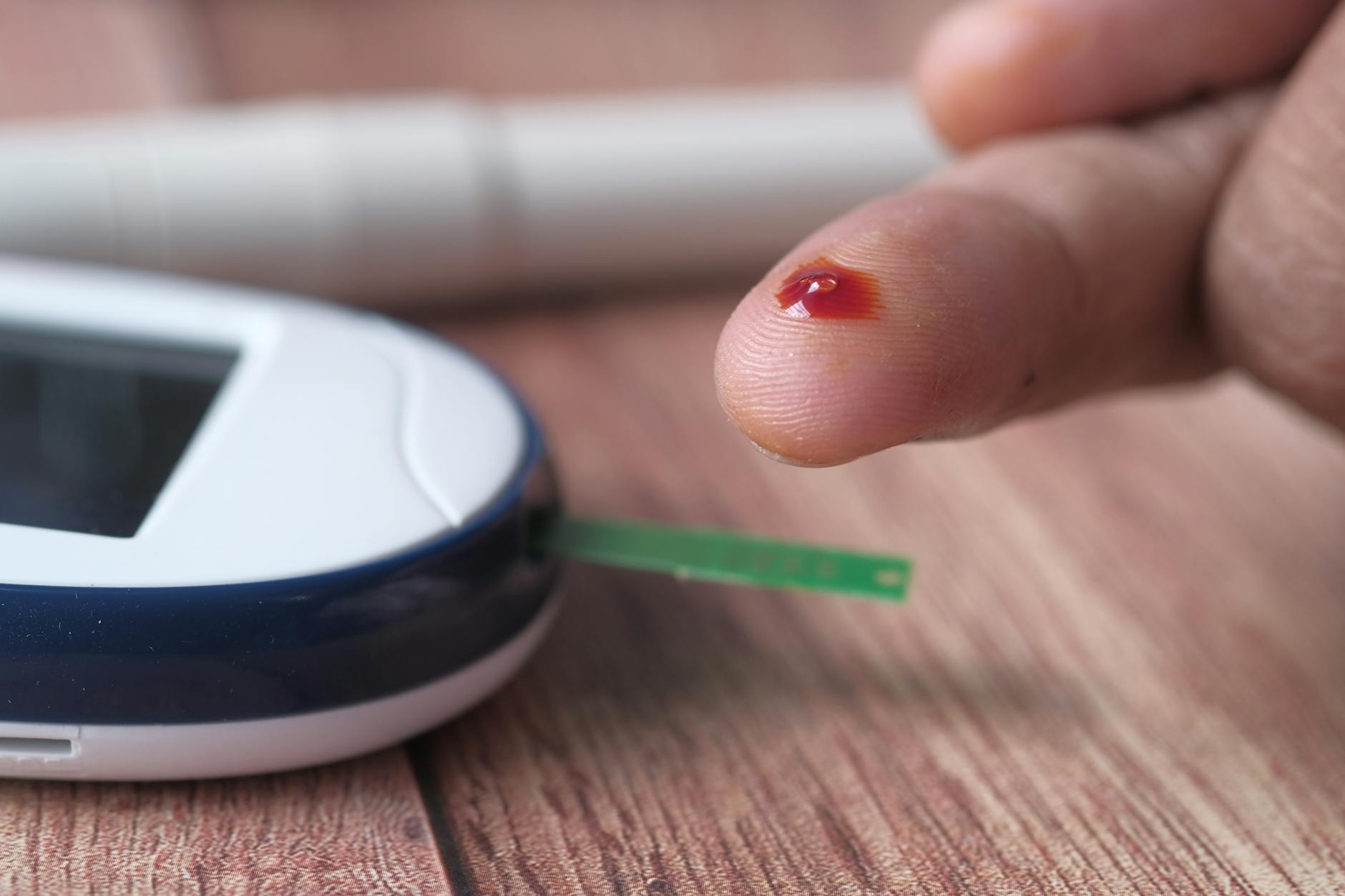Discover the ultimate guide to managing type 2 diabetes and living a healthy, fulfilling life with these essential tips.
Table of Contents
Living with Type 2 diabetes can be challenging, but with the right tools and mindset, it’s possible to manage the condition effectively and live a fulfilling life. In this comprehensive guide, we’ll explore various strategies and tips to help you navigate the daily challenges of Type 2 diabetes and improve your overall well-being.
Understanding Type 2 Diabetes
Type 2 diabetes is a chronic condition that affects how your body metabolizes sugar (glucose). When you have Type 2 diabetes, your body either resists the effects of insulin or doesn’t produce enough insulin to maintain normal glucose levels. This can lead to high blood sugar levels, which can have long-term complications if not managed properly.
Mind-Body Connection
The mind-body connection plays a crucial role in managing Type 2 diabetes. Stress and anxiety can affect blood sugar levels, so it’s essential to find healthy coping mechanisms. Practices like mindfulness meditation, deep breathing exercises, and yoga can help you better manage stress and improve overall mental well-being.
Nutrition and Diet
One of the cornerstone elements of managing Type 2 diabetes is a healthy diet. Eating balanced meals that are low in added sugars and refined carbohydrates can help stabilize blood sugar levels. Focus on incorporating plenty of fruits, vegetables, whole grains, lean proteins, and healthy fats into your diet.
Alternative Therapies
While medication is often a crucial component of managing Type 2 diabetes, alternative therapies can also play a supportive role. Acupuncture, chiropractic care, and herbal supplements are some options to explore, but always consult with your healthcare provider before trying any new therapies.
Medication Management
For many people with Type 2 diabetes, medication is necessary to help control blood sugar levels. It’s essential to take your medications as prescribed and attend regular check-ups with your healthcare provider to monitor your progress and adjust your treatment plan if needed.
Exercise and Movement
Regular physical activity is vital for managing Type 2 diabetes. Exercise helps control blood sugar levels, improve cardiovascular health, and enhance overall well-being. Aim for a mix of cardiovascular exercise, strength training, and flexibility exercises to reap the full benefits of physical activity.
| Topic | Description |
|---|---|
| What is Type 2 Diabetes? | Type 2 diabetes is a chronic condition that affects how your body processes blood sugar (glucose). It is a common condition, but with proper management, you can live a healthy life. |
| Causes of Type 2 Diabetes | Factors such as genetics, lifestyle choices, and obesity can increase your risk of developing type 2 diabetes. It is important to understand these causes to prevent or manage the condition. |
| Symptoms of Type 2 Diabetes | Common symptoms of type 2 diabetes include increased thirst, frequent urination, fatigue, and blurred vision. Early detection and treatment are key to managing the condition. |
| Managing Type 2 Diabetes | Effective management of type 2 diabetes involves a combination of healthy eating, regular exercise, monitoring blood sugar levels, and taking medications as prescribed by your healthcare provider. |
| Complications of Untreated Type 2 Diabetes | Left untreated, type 2 diabetes can lead to serious health complications such as heart disease, nerve damage, kidney failure, and vision problems. It is crucial to prioritize your health and seek proper treatment. |
Sleep and Stress Management
Quality sleep is essential for managing Type 2 diabetes as it plays a role in regulating blood sugar levels. Develop a relaxing bedtime routine, create a comfortable sleep environment, and aim for 7-9 hours of quality sleep each night. Managing stress through healthy coping mechanisms is also crucial for overall well-being.
Support Systems
Building a strong support network can make a significant difference in managing Type 2 diabetes. Connect with friends, family, support groups, and healthcare professionals who can offer guidance, encouragement, and practical advice. Remember, you’re not alone on this journey.
Conclusion
Managing Type 2 diabetes is a lifelong journey that requires dedication, patience, and commitment. By adopting a holistic approach that addresses the mind, body, and spirit, you can take control of your health and well-being. Remember to work closely with your healthcare team, stay informed about new developments in diabetes management, and prioritize self-care to thrive with Type 2 diabetes.
FAQ
What causes Type 2 diabetes?
Type 2 diabetes is often caused by a combination of genetic predisposition and lifestyle factors like poor diet, lack of exercise, and obesity. It’s essential to maintain a healthy lifestyle to reduce your risk of developing Type 2 diabetes.
How can diet and nutrition impact Type 2 diabetes?
Eating a balanced diet rich in fruits, vegetables, whole grains, lean proteins, and healthy fats can help stabilize blood sugar levels and improve overall health. Monitoring carbohydrate intake and portion sizes is also crucial for managing Type 2 diabetes.
Is exercise necessary for managing Type 2 diabetes?
Yes, regular physical activity is essential for managing Type 2 diabetes. Exercise helps control blood sugar levels, improve cardiovascular health, and enhance overall well-being. Aim for a mix of aerobic, strength training, and flexibility exercises for maximum benefit.
How important is sleep and stress management in Type 2 diabetes management?
Quality sleep and stress management are crucial for managing Type 2 diabetes. Lack of sleep can affect blood sugar levels, while chronic stress can lead to elevated cortisol levels, which may impact insulin sensitivity. Prioritize sleep hygiene and stress-reducing activities for optimal diabetes management.





